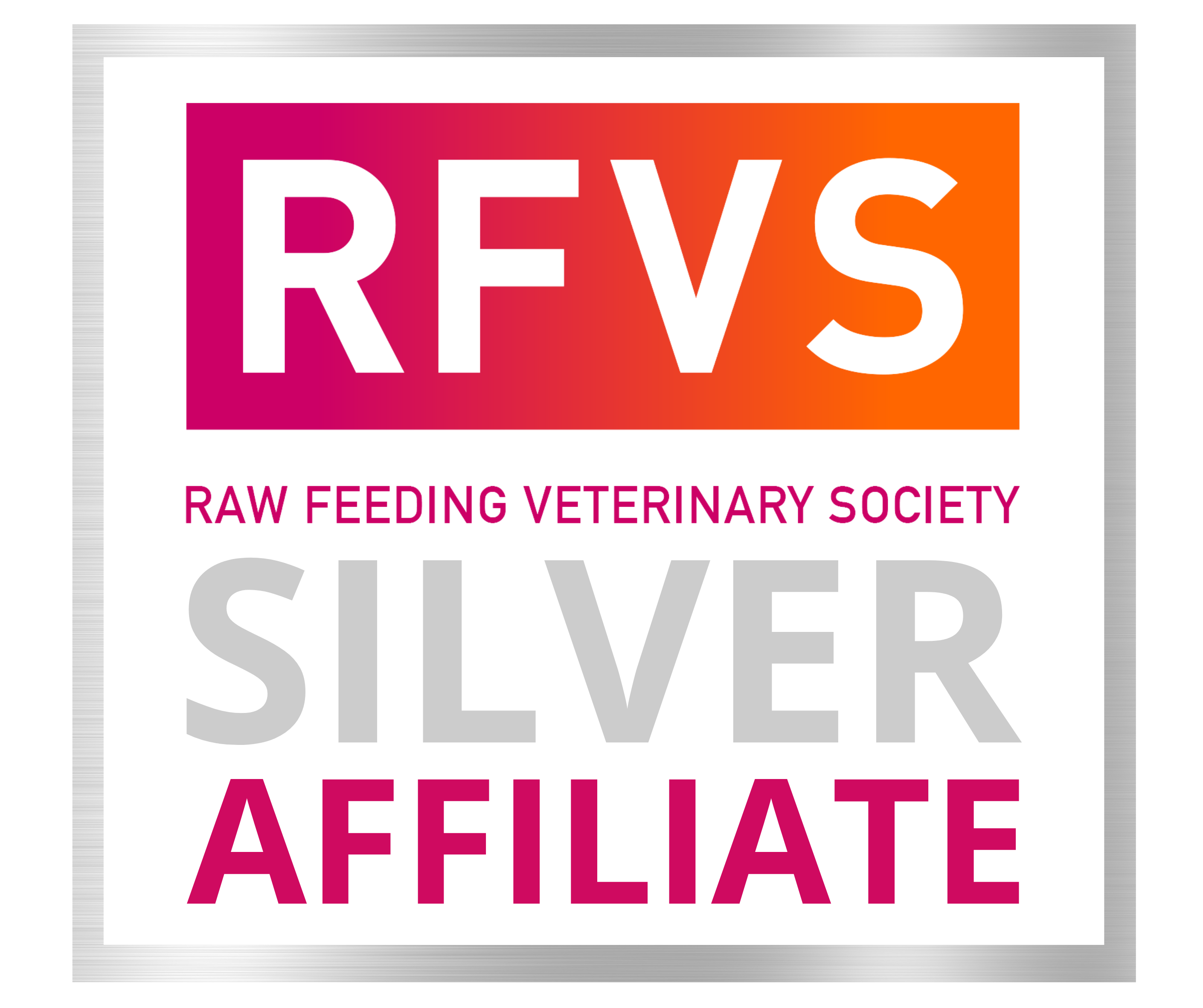Hydatids, Sheep Measles and TB Risks
All our products are processed through facilities which meet MPI-requirements for the production of pet food. These requirements include safe guards against the spread of sheep measles, and the resurgence of hydatids in New Zealand.
HYDATIDS (ECHINOCOCCUS GRANULOSUS)
It used to be illegal to feed raw offal to cats and dogs because of hydatids, but after 50 years of management, New Zealand was declared provisionally free from hydatids in 2002. Measures remain in place to maintain this status.
The adult hydatids tapeworm (Echinococcus granulosus) was found in the intestines of dogs - the primary host. Infected dogs excreted tapeworm eggs, which survived for long periods in the environment, until they were ingested by an intermediate host (sheep, cattle, goats, pigs, horses and humans). They would then hatch and migrate through the body, causing cysts to grow.
Offal from livestock that could function as an intermediate host must be frozen to at least minus 10 degrees for at least 10 days before it can be fed to pets.
SHEEP MEASLES (TAENIA OVIS)
The Sheep Measles tapeworm follows a similar pathway between its definitive host (the dog), and its intermediate host (sheep and goats). The resulting cysts in the the tissue of sheep and goats are considered a carcass defect, and may result in downgrading. They do not pose a risk to humans.
All sheep and goat meat should be frozen at minus 10 degrees or colder for at least ten days before feeding it to pets.
TUBERCULOSIS
MPI regulations state that If an animal is infected with TB (this is done via a visual inspection), it must be heat-treated before it is allowed to be fed as pet food.
Because our food is raw, heat treating is not an option, therefore we only use animals that are free of TB.

